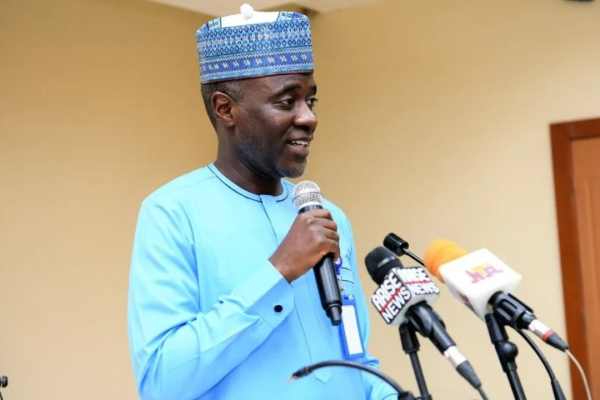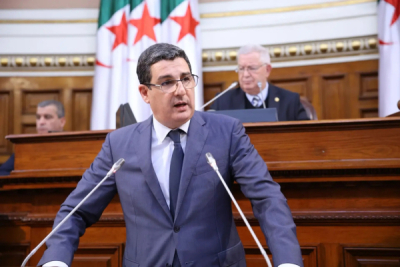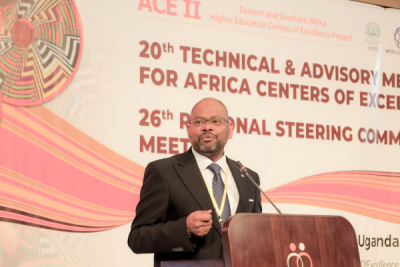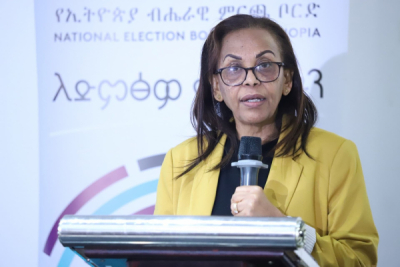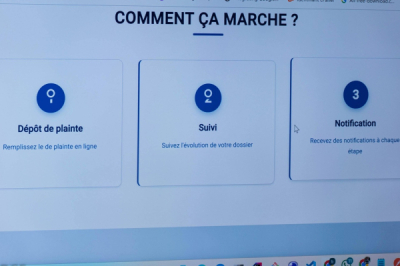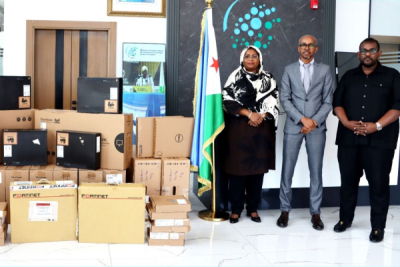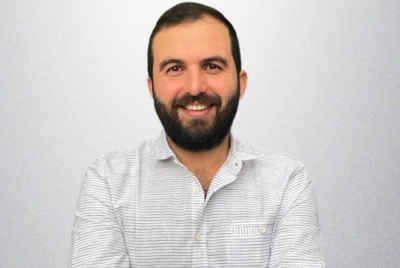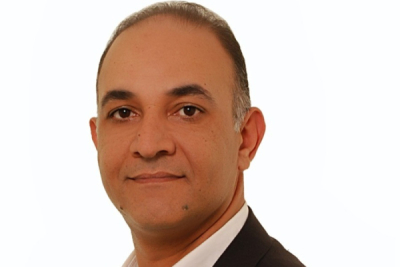The Nigerian government is accelerating its plans to make telecom services accessible throughout the country. This initiative involves collaboration with private sector companies and international partners to deploy a network of fiber optic cable, stretching 95,000 kilometers nationwide.
The Nigerian Communications Commission (NCC) plans to lower the percentage of unconnected Nigerians in rural areas from the current 61% to 20% by 2027 . The target was announced by Aminu Maida, the executive vice-chairman of the regulatory body, during the 6th edition of the Policy Implementation Assistance Forum held in Lagos on Wednesday, July 10.
"We will create a supportive environment for innovation, ensure robust infrastructure, unlock investment in critical sectors and stimulate economic growth," stated Maida .
This initiative is part of the Nigerian government's broader efforts to provide widespread access to telecommunications services. The plan includes deploying 95,000 km of fiber optic cable across the country in partnership with the World Bank and the European Union. Additionally, the government is exploring satellite solutions to achieve nationwide coverage through the national operator (NIGCOMSAT) or private operators like Starlink .
As of March 31, Nigeria had 219.3 million mobile phone subscribers and 163.8 million internet subscribers, according to official statistics. However, these figures may be inflated due to the prevalence of Nigerians owning multiple SIM cards, which are counted individually. In 2022, the NCC estimated that nearly 35 million Nigerians lacked access to telecom services.
Isaac K. Kassouwi


